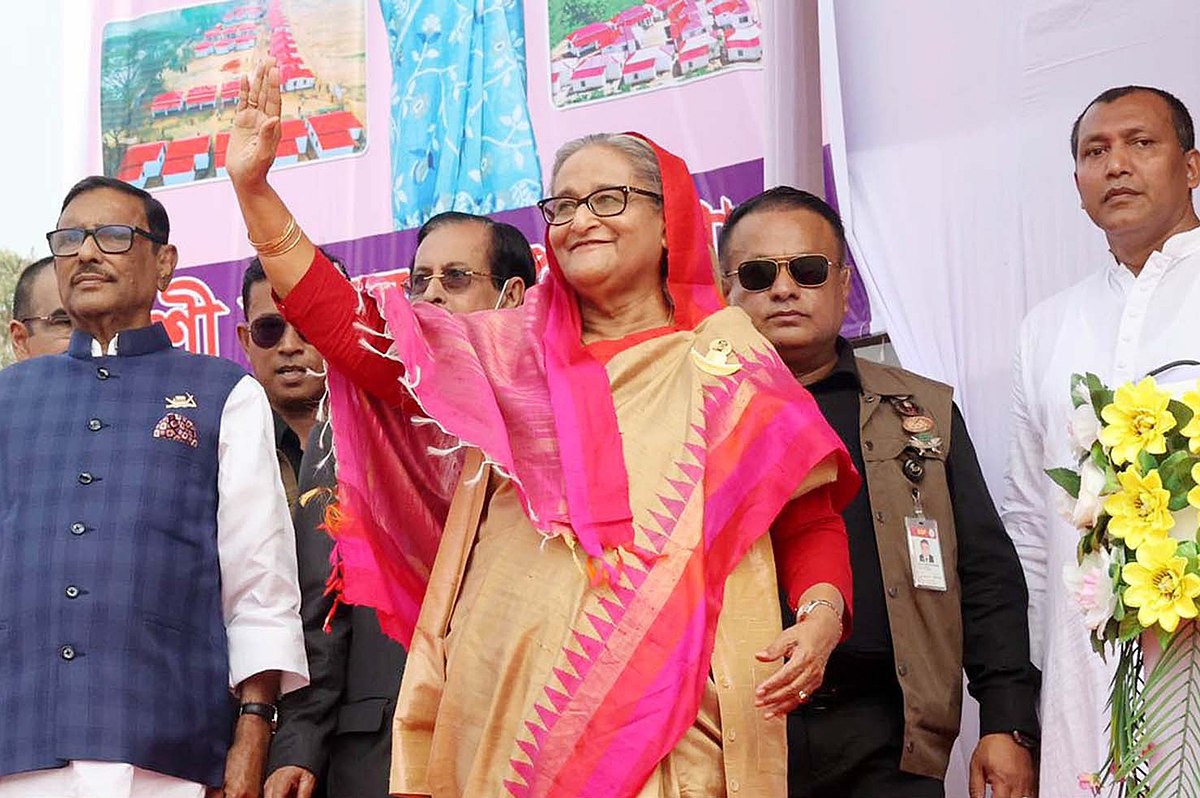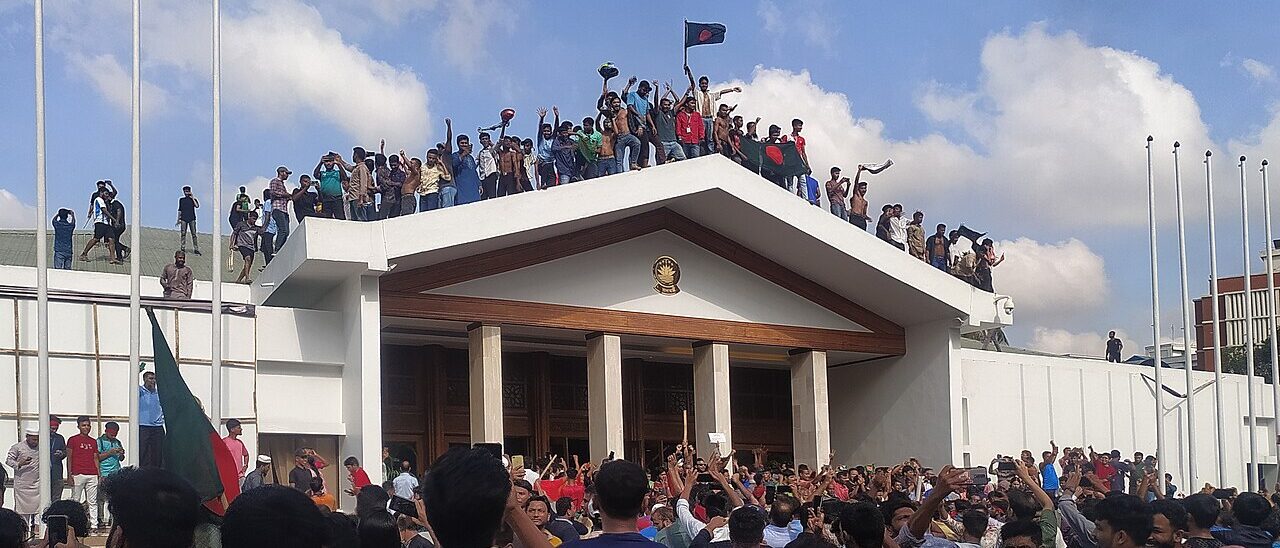This is a summary of the original article by Palestine Online that may be found here
The International Court of Justice (ICJ) has confirmed that it has officially received a request from the United Nations General Assembly (UNGA) to provide an advisory opinion on the legal consequences of Israel’s occupation of the Palestinian territories. The ICJ is expected to draw up a list of states and organizations that will be able to file written statements, but no further information has been provided about the timeline for this process.
The UNGA requested the ICJ’s advisory opinion on December 31, 2020, in a move that was backed by 87 countries of the UNGA members, with 26 against and 53 abstentions. The resolution calls on the ICJ to determine the “legal consequences arising from the ongoing violation by Israel of the right of the Palestinian people to self-determination” as well as of its measures “aimed at altering the demographic composition, character and status” of the city of al-Quds (Jerusalem). It also calls on the UN Secretary-General to present a report on the implementation of the resolution in the upcoming session of the UNGA in September 2023.
The ICJ last weighed in on the Israeli-Palestinian conflict in 2004, when it ruled that the separation wall, which snakes across the occupied West Bank and isolates large swathes of Palestinian territories, was illegal. In the same ruling, the ICJ judges stated that Israeli settlements in Occupied Palestinian Territory “have been established in breach of international law.” Israel rejected that ruling, accusing the Court of being politically motivated.
The move has been met with condemnation from Israel and welcomed by Palestinians. Palestinian Ambassador to the UN, Riyad Mansour, hailed the countries that were “undeterred by threats and pressure” and voted in favor of the resolution. The Palestinian Authority (PA) has also welcomed the UNGA resolution. Israeli Prime Minister, Benjamin Netanyahu, has called the request for an ICJ opinion a “despicable decision.”
It is likely to take at least several months before the ICJ can schedule the hearings for this advisory opinion. However, this move by the UNGA to seek an advisory opinion from the ICJ is significant as it highlights the growing international pressure on Israel to end its occupation of the Palestinian territories and to respect the rights of the Palestinian people.
The views expressed herein may not necessarily reflect the views of JI FAD and/or any of its affiliates






